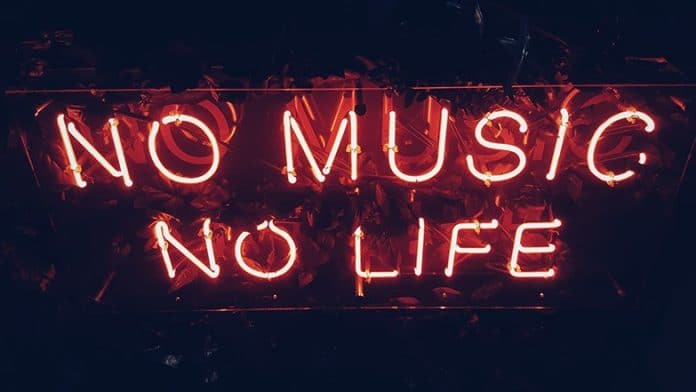COVID-19 has hit the global music industry hard. Around the world, concerts and music festivals have been cancelled to stop the spread of the virus, and many companies have had to temporarily lay off staff and reduce budgets.
But while the industry is coming to terms with the challenging times ahead, the role that music is playing in bringing communities together has never been more powerful. A number of initiatives, from the global to the very local, are using music to bring communities together and improve health and wellbeing.
For example, the World Health Organisation (WHO) has teamed up with Global Citizen to launch Together At Home, a live streaming series curated by Lady Gaga, to celebrate frontline health care workers as part of a campaign that has raised tens of millions of dollars to fight COVID-19. The Berlin Club Commission’s United We Stream program is bringing together DJs from all over the world to make new music & collaborations available to everyone.
In Africa, well-known musicians are singing about precautions such as hand washing to protect against COVID-19. In the United States, music company The Orchard has launched the Stay At Home Festival on Instagram live, whilst Quarantine Fest in Spain brought 30 artists together online. Metal band Code Orange streamed a gig at an empty venue in Pittsburgh to 15,000 people and Canadian rockers Arkells are giving music lessons via social media.
Belgian’s famous music festival Tomorrowland has started to offer free live streaming DJ-sets of major national and international DJ’s to millions of followers on Facebook and YouTube. Sixty artists in Belgium decided to cover the song “We Are the World” in tribute to the victims of COVID-19 and also to medical staff. One hundred Dutch artists and influencers released the song “Sunshine”.

There are too many examples to count, from Italians singing on balconies to Yo-Yo Ma sharing a favourite song of healing. Music matters more than ever.
Music is the ultimate unifier. It is our universal language. Music has an impact on delivering the Sustainable Development Goals (SDGs) and the Decade of Action. It can promote gender equality, as evidenced through the Keychange movement across Europe. It is producing solutions to combat the climate crisis, through zero-waste festivals and green energy initiatives. But the pandemic is having a serious impact on the music industry. The cancellation of Austin Texas’s SXSW Festival incurred an estimated $350m loss for the city. Much of this impacted non-music jobs, from food outlets to hotels, taxi drivers to cleaners – when the music disappears, we are all made poorer.
Recognising the impact of music now as we work through this crisis will prepare us to protect, sustain and celebrate it more in the future. It can help us realise the SDGs and make the world a fairer, more equitable place. Now is the time to recognise this. And of course, let us all go and listen to some music.
Additional links:




